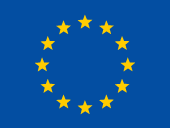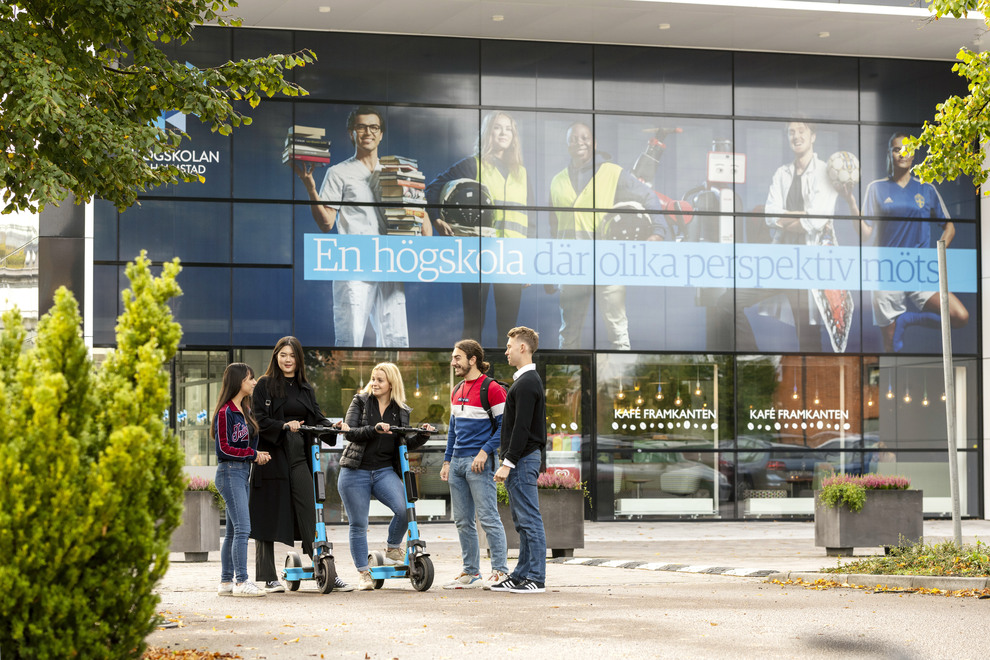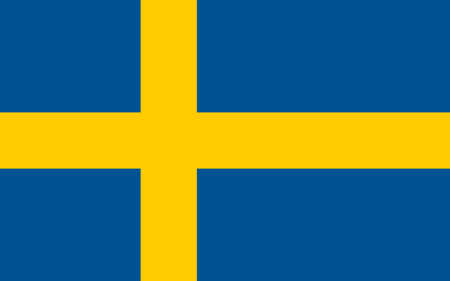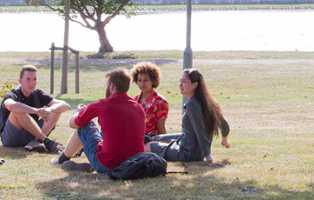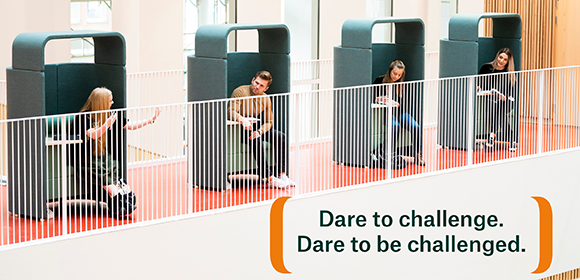Sweden: Where Innovation Meets Education
Discover Sweden
Sweden, the largest Nordic country in Northern Europe, is known for its stunning nature, technological innovation, and world-class education.
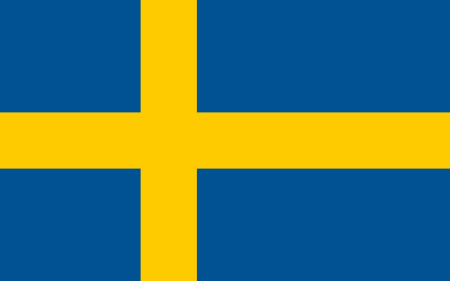
Why Choose Sweden?
Innovative Industries
Sweden is home to world-renowned companies like Ericsson and IKEA. It excels in IT, environmental tech, medicine, and biotech.
Innovative Education
Swedish universities offer over 800 English-taught master's programs, known for their research and innovative thinking.
Global Rankings
Notably, 21 Swedish universities are globally ranked among the top 500. Institutions like Karolinska Institute, KTH Royal Institute of Technology, Lund University, and Uppsala University are among the top 100 in the Times Higher Education World University Rankings 2024.
Practical Experience
Students in Sweden enjoy a collaborative learning environment and practical experience, enhancing their job prospects.
Student-Friendly Policies
Flexible immigration policies, part-time work options, and post-study work options create a student-friendly environment, making Sweden a hot education hub among international students.
Education System
Master's Programs
The duration of master's programs varies from one to two years, typically requiring a bachelor's degree and English proficiency. Tuition fees range from 750,000 to 1.3 million INR per year for over 800 English-taught programs.
International Students
Sweden hosts 35,000 international students, including 800 from India, providing a diverse and enriching environment.
Scholarships
Scholarship Opportunities
Sweden offers numerous scholarships for international students. You can explore these opportunities by visiting the scholarship database on Study in Sweden.
For Further Information

Study in Sweden:
https://www.studyinsweden.se
General information about Sweden:
https://www.sweden.se
Embassy of Sweden, 4-5, Nyaya Marg, Chanakyapuri, New Delhi - 110021, India
http://www.swedenabroad.com/newdelhi

